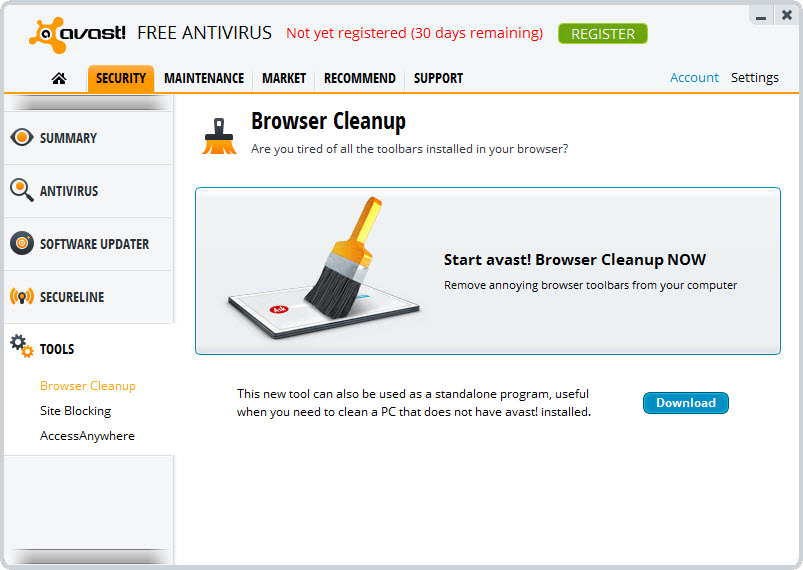
One thing you can do right now, though, is adjust your privacy settings. Having your search history and internet-browsing habits collected and sold may make you uncomfortable, but antivirus software goes a long way toward keeping malware out of your computer and fending off ransomware, phishing attacks, and other threats. And, according to security experts, the answer is no.


So the big question for consumers is should they now uninstall their Avast AV software. But Avast’s privacy policy does say that consumer data is “stripped and de-identified’ and used by Jumpshot to “provide trend analytics” for other companies. The site doesn’t mention anything about sharing data with outside companies. On its website, Avast says that most of the company’s offerings collect some kind of anonymous user data, which is then used to improve the products and help the company react quickly to security threats. It's now in the process of rolling out that prompt to all existing AV users. In July 2019, the company began testing a prompt that explicitly asked users whether they wanted to opt-in to such data-sharing during all new downloads of its desktop AV software. In a blog post on Tuesday, Avast said: "While we acted fully within legal bounds, always remaining vigilant to protect our users' privacy, we have listened to recent feedback and have already taken steps to align with the expectations of our users." “Do any of us really know how much data we’re giving away?” “This one really struck me,” says Jim Hansen, president and chief operating officer of the cybersecurity company Swimlane.


That’s why many people felt betrayed when they learned about Avast’s stance on digital privacy. The same goes for Avast’s AVG-branded software. And, according to Consumer Reports testers, it ranks among the best free security software options available to PC and Mac owners. The software is used by more than 400 million people around the world, Avast says.


 0 kommentar(er)
0 kommentar(er)
